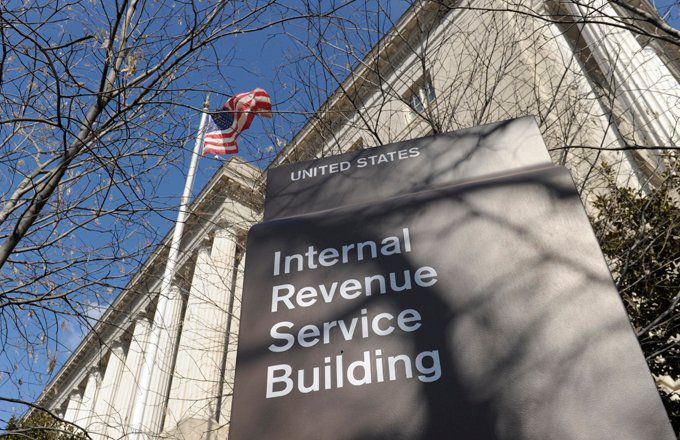
Crypto Tax Reporting: IRS Unveils New Rules for Brokers and Exchanges
The U.S. Treasury Department, in collaboration with the Internal Revenue Service (IRS), has rolled out a set of proposed regulations aimed at bringing clarity to cryptocurrency tax reporting. These rules, part of the 2021 Infrastructure Investment and Jobs Act, signal a significant shift in how brokers and exchanges in the crypto industry handle tax obligations. Here’s what you need to know:
Closing the Tax Gap with Crypto Reporting
One of the primary objectives of these regulations is to “close the tax gap” and ensure that everyone using cryptocurrencies abides by the same set of tax rules. To achieve this, the proposed rules treat crypto brokers similarly to brokers in traditional investments like stocks and bonds.
Brokers, Exchanges, and Reporting Obligations
Under these proposed rules, crypto brokers include centralized exchanges, payment processors, and certain hosted wallet providers. Notably, these regulations also encompass some decentralized exchanges (DEXs), a move that has sparked discussion within the crypto community.
The Role of Form 1099-DA
A crucial element of the proposed rules is the introduction of Form 1099-DA. This form aims to simplify tax reporting for cryptocurrency users. Brokers would be required to provide Form 1099-DA to investors and the IRS, helping taxpayers accurately determine their tax obligations.
Privacy Concerns and Public Input
Recognizing concerns around privacy, the Treasury Department and IRS are open to alternative approaches that respect user data. Additionally, they are soliciting feedback from stakeholders on the proposed regulations, with a public comment period in place until October 30. Public hearings on the proposal will be held on November 7-8.
Timeline and Compliance
If these regulations are enacted, crypto brokers would need to begin reporting crypto transactions in 2025 for the 2026 tax filing season. This timeline provides the industry with more preparation time than initially anticipated.
The Crypto Industry’s Response
The crypto industry has reacted with mixed feelings to these proposed regulations. While some stakeholders see them as a way to provide clarity and ensure tax compliance, others believe they may not fully consider the unique aspects of the crypto ecosystem.
The Importance of Accurate Reporting
As these regulations take shape, it’s essential for crypto users to be diligent in reporting their activities. Accurate record-keeping, whether using Form 1099-DA or other methods, will be crucial to fulfilling tax obligations correctly.
Conclusion
The crypto tax landscape is evolving, and these proposed regulations represent a significant step forward in bringing clarity and standardization to the reporting process. With a focus on ensuring that everyone plays by the same rules, the Treasury Department and IRS are navigating complex territory. Public input and further discussions will help shape the final rules, providing crypto users with a clearer path toward compliance.





